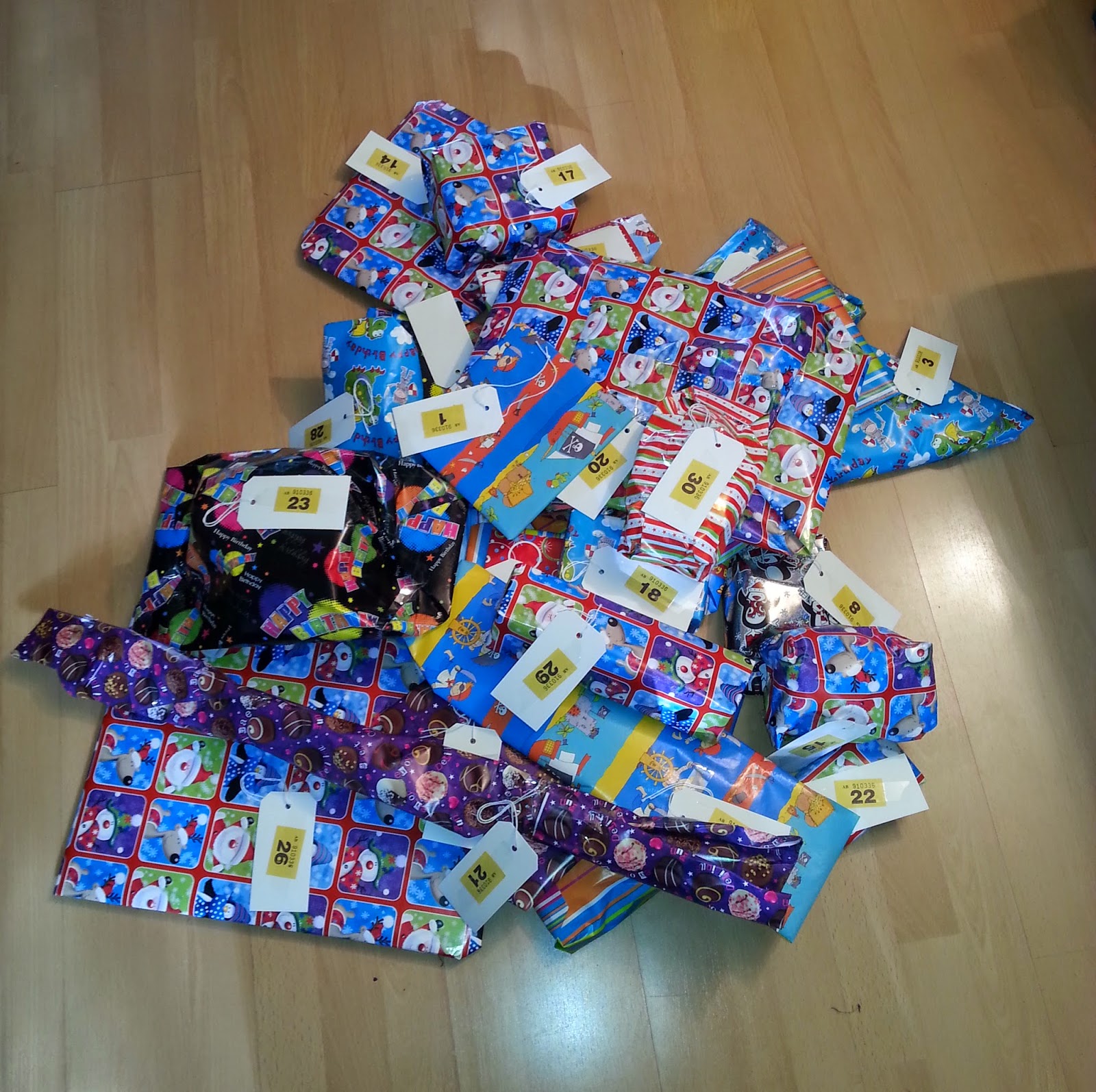If you make a mistake on a diagram (a good example would be circle theorens) and you haven't used a pencil, ask for some tracing paper.
If you've gone to the trouble of plotting the points for any graph then make sure you actually go through them! More than half a square away will mean lost marks.





























.jpg)



















